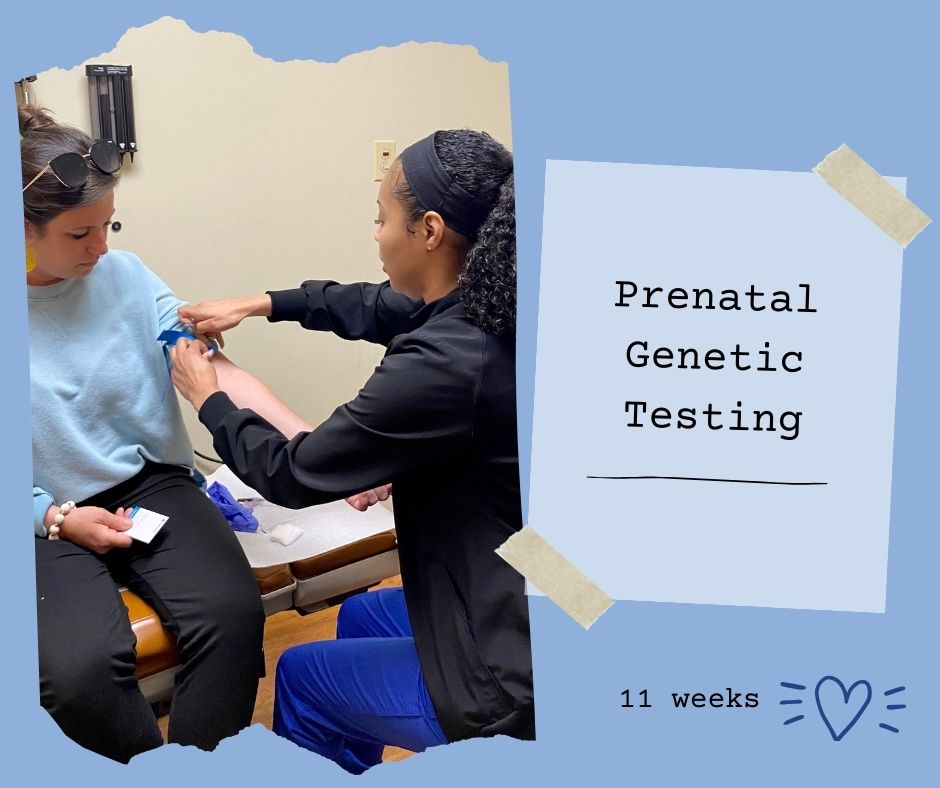 Understanding Prenatal Genetic Screening: Essential Insights for Expectant Parents
Understanding Prenatal Genetic Screening: Essential Insights for Expectant Parents
Pregnancy is a period of great expectation and preparation, and prenatal genetic screening is a valuable tool that helps expectant parents understand their developing baby’s health. This screening offers early insights into potential genetic conditions and even reveals the baby’s gender. In this comprehensive guide, we’ll delve into what prenatal genetic screening is, why it’s important, and how it’s conducted.
What is Prenatal Genetic Screening?
Prenatal genetic screening tests analyze DNA from the mother’s blood to assess the risk of the baby having certain genetic disorders. Unlike diagnostic tests, which can confirm genetic conditions, screening tests evaluate risk levels for conditions such as Down syndrome, trisomy 18, and trisomy 13. These screenings are non-invasive and are becoming a routine part of prenatal care.
Benefits of Prenatal Genetic Screening
Early Detection: Screening provides early warnings about potential genetic disorders that could affect the baby’s health. It allows expectant parents to make informed decisions about further diagnostic testing.
Informed Decisions: With early risk assessment, parents can discuss potential outcomes and care strategies with their healthcare providers, helping them prepare for any special care their baby might need.
Peace of Mind: For many parents, genetic screening offers reassurance about their baby’s health and reduces anxiety during the pregnancy.
Understanding Risks: Screening helps in understanding the risks of genetic disorders, particularly for parents with a family history of genetic conditions or for older parents.
The Screening Process
Prenatal genetic screening involves a few simple steps:
Sample Collection: During a routine prenatal visit, a small blood sample is taken from the mother.
Laboratory Analysis: The sample is analyzed to detect fragments of fetal DNA in the mother’s bloodstream. This analysis looks at the DNA to assess the risk of genetic abnormalities.Result Interpretation: Results are usually available within a week or two. If the screening indicates a higher risk of a genetic disorder, genetic counseling is offered to discuss the results and consider further diagnostic testing.
Gender Determination
A popular aspect of genetic screening is its ability to determine the baby’s gender early in the pregnancy. By detecting the presence of Y chromosomes (indicative of a male), the screening can reveal the baby’s gender with significant accuracy. This allows families to plan ahead for the nursery, clothing, and even selecting a name.
When Should You Consider Prenatal Genetic Screening?
Prenatal genetic screening is typically offered during the first or second trimester. The timing may vary depending on the specific tests:
First Trimester Screening: Conducted between 11 and 14 weeks of pregnancy, it can include ultrasound evaluations of the baby and blood tests.
Second Trimester Screening: Known as the “quadruple test,” conducted between 15 and 20 weeks.
Each stage of screening provides different information, and your healthcare provider can guide you on what is recommended for your specific situation.
Preparing for Your Screening
Discussing your medical history, family genetics, and any previous pregnancies with your healthcare provider will help determine the scope and timing of genetic screening. It’s also a good time to discuss any concerns you might have about the process or the results.
Conclusion
Prenatal genetic screening is a powerful tool for expecting families. It provides essential information that can help manage the journey of pregnancy with more knowledge and confidence. Whether it’s preparing for potential health conditions or simply knowing the baby’s gender, genetic screening supports more informed and proactive prenatal care.
You can also find more information, by visiting trusted resources like the American College of Obstetricians and Gynecologists or the Mayo Clinic’s overview of prenatal testing. These resources provide further reading on the benefits and processes of prenatal genetic screening.
By engaging in prenatal genetic screening, parents can ensure that they are equipped with the knowledge needed to welcome their new addition with confidence, backed by the best care modern medicine can offer.

 10 Disadvantages of Medicare Advantage: What You Need to Know.
10 Disadvantages of Medicare Advantage: What You Need to Know.







